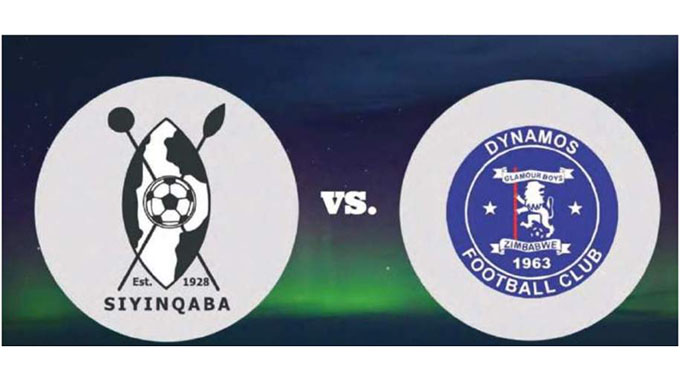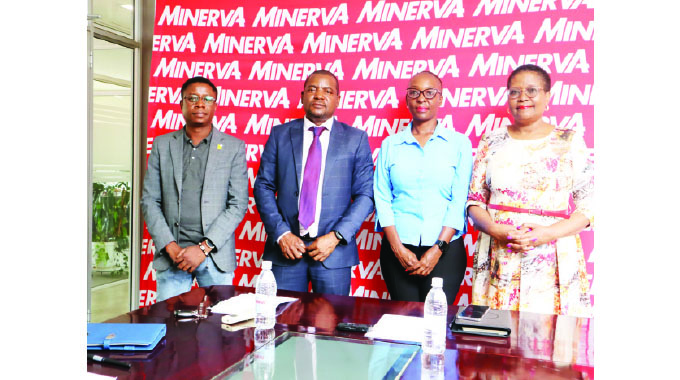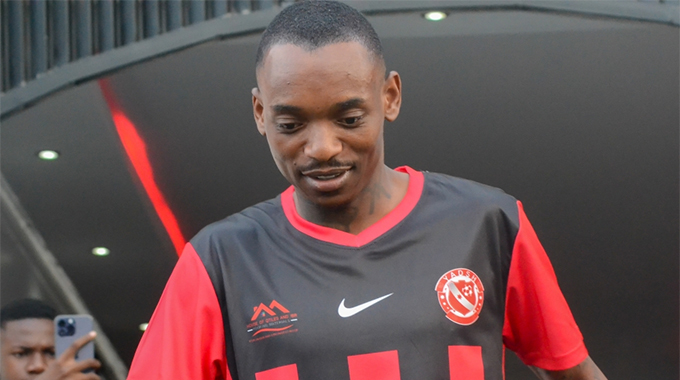Why caps should stay at the giant stadium
Andy Hodges : Special Correspondent
MY last instalment in The Herald, asking CAPS United fans to come out in full force and support the team, provoked an interesting debate with some readers asking why the team doesn’t use Gwanzura as its home ground. I was part of the CAPS leadership, as club chairman, who moved the club to the National Sports Stadium and I thought it was only right I should explain why we moved there and why the team should stay there.Back in 2002, when I became chairman, CAPS United were training at Raylton and our home stadium was either Gwanzura or Rufaro. I felt that the pitch at Raylton was not the one a team like ours, which was professional, should use as a training ground.
Together with the executive and the then club owner, Twine Phiri, I decided that if the club was to get to the next level we needed specific things.
1. A gym
2. A dedicated venue that we could call our home where no-one else played at
3. A football pitch that would suit the vision we had for the way we played football
4. First class, in fact, world-class facilities
5. Training pitches which included the main pitch and the National Sports Stadium had a further two in the B and C arenas.
6. A first-class grass pitch surface
5. A football stadium in which we could take on the best in Africa and beat them.
6. A stadium in which we could accrue revenue from pitch side advertising at our games and hospitality suites
7. A stadium that was not run by City of Harare where revenue generation could be better given we could negotiate terms
8. A stadium where we could accrue revenue by controlling the match day refreshments, vendors, the bar etc.
9. A stadium which had secure turnstiles so we could maximise our revenues at the gate.
Without getting into detail, as they remain confidential even after all these years, we negotiated an excellent long-term deal at the stadium, a deal which suited both the management of the stadium and CAPS United.
We now had what we had planned for, a home stadium which in fact compared favourably to most major stadiums in Southern Africa, that had a fantastic playing surface due to the excellent groundsmen, with the largest sized playing pitch in the country, first-class facilities such as the gym and we could train there, too.
Our reserves, the future of the club, could train on the B and C arenas.
We had a kitchen for lunch-time meals and this meant we could train in the morning and afternoon without our players leaving the training ground.
The stadium suited our style of play, the type of players we bought combined with the excellent coaching staff from Steve Kwashi, Rahman Gumbo, Fewdays Musonda, Charles Mhlauri, Norman Mapeza and Gishon Ntini meant that CAPS United was truly a team that played from the back.
The days of long balls were over, every player in our eventual Championship-winning team could play the ball and these included the likes of David Sengu, Laughter Chilembe and Cephas Chimedza.
The results were there to see, a team that swept all before it, incredibly enhanced revenue earnings, a more professional structure and world-class facilities. Remember in 2003, 2004 and 2005 our CAPS United juniors teams, from Under-13 upwards, under Ntini, were unbeaten and every junior team won its league and so we had talent coming into the main team.
We spent almost as much money on our junior programme as we did on the main club.
Of course, the distance between the stadium from our natural support base in Highfield was a big issue.
We took this seriously and negotiated with transport operators and with the help of the supporters clubs, arranged transport from various pickup points at reduced rates to get our fans to the giant stadium.
We also kept our ticket prices low, in fact in 2004, our ticket prices were the lowest in the country. In 2004 CAPS United, for the first time in history, had more supporters coming to our matches than Dynamos and this is a provable fact.
This goes to show you if you play attractive football, win matches, provide refreshments and entertainment at games, provide easily accessible transport and at reduced transport costs, supporters will come.
OK Zimbabwe ran a competition that year where supporters voted for their favourite club at the OK stores by filling in a card and the top teams would play for the OK Cup.
CAPS United were voted by OK customers in Harare as the top team in the country and we came out tops in Bulawayo and virtually all the other parts of Zimbabwe.
Of course, we won the OK Cup.
Of course, Gwanzura remains our spiritual home, but its facilities leave a lot to be desired and if you take into account the issues I have raised you can see how as a business we had to move to the giant stadium and I believe the reasons above still hold true today.
I believe there is still an argument for us to stay there and we have to find ways of bringing the fans there.
Going back to Gwanzura will be a step backwards.
Andy Hodges is an international banker based in KUALA LUMPUR, Malaysia and is a passionate CAPS United fan having been club chairman in 2004.






Comments